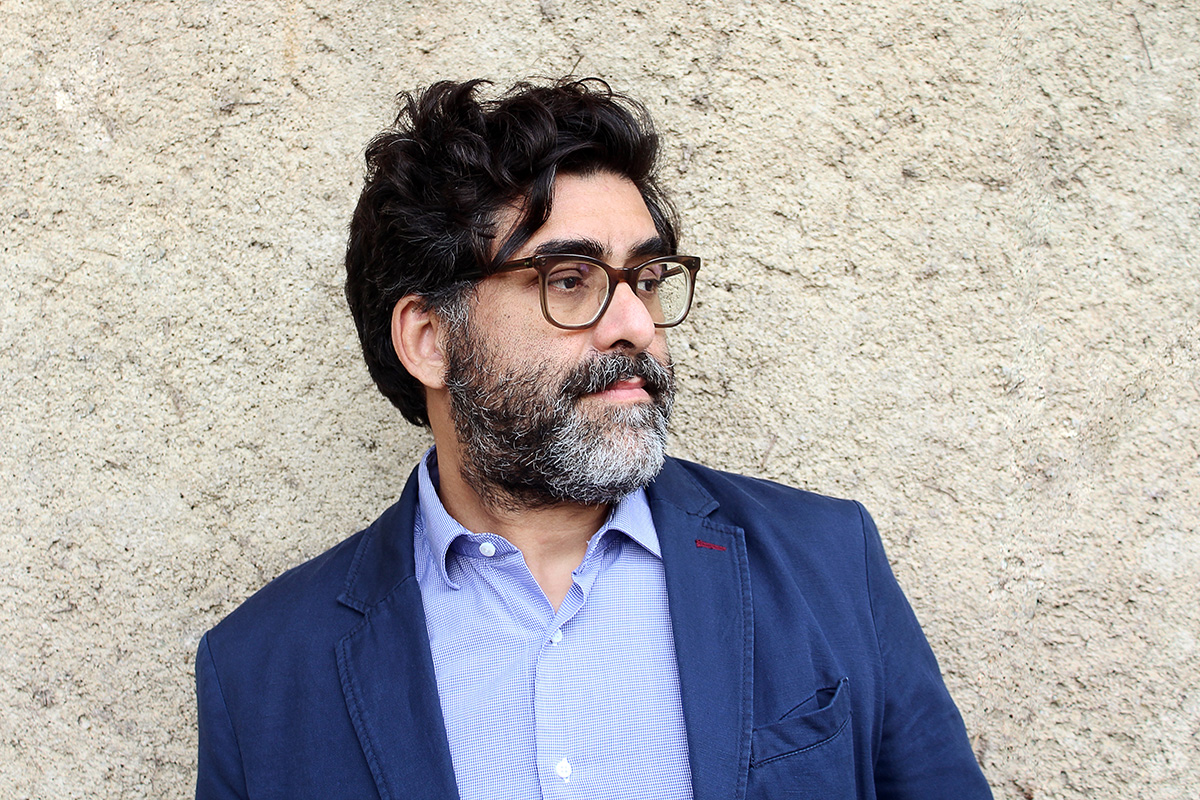Syllabus⇝
In these three sessions we will tackle an introduction to the philosophy of technology and the central theme of our relationship with technology: are we determined by technology? Do we determine the technology or should the issue be explored in a radically different way? We will then deal with current topics in ethics and artificial intelligence. After that, we will end by reflecting on what it can mean to be a professional designer.
Objectives
-
To understand the nature of technology and its relationship with humans.
-
To know the limits and potentialities of ethical reflection.
-
To gain an awareness and understanding of ethics and its entailments for the design profession
Deliverables⇝
2-3 page report containing an ethical assessment of one’s own course project based on the exercises performed during class + readings + contents of the lectures. The assessment should be reflective (not merely descriptive) and it should contain a discussion of themes in the project or of aspects thereof that merit ethical reflection. While not mandatory, it is recommended that it also included next steps or courses of action that can be taken to remediate ethical issues creating risks and harms.
Additional Resources⇝
Casacuberta, D., y Guersenzvaig, A. (2019). Using Dreyfus’ legacy to understand justice in algorithm-based processes. AI & Society, 34(2), 313-319.
Benjamin, Ruha. (2019). Race after technology: Abolitionist tools for the new Jim Code. Cambridge: Polity.
Baym, Nancy. (2015). Personal Connections in the Digital Age: Digital Media and Society. London: Polity.
Eubanks, Virginia. (2018). Automating inequality: How high-tech tools profile, police, and punish the poor. New York: St. Martin's Press.
Gertz, Nolen. (2018) Nihilism and Technology. London: Rowman and Littlefield.
Guersenzvaig, Ariel. (2021). The Goods of Design. London: Rowman and Littlefield.
Kiran, A. H., Oudshoorn, N., y Verbeek, P.-P. (2015). Beyond checklists: Toward an ethical-constructive technology assessment. Journal of Responsible Innovation, 2(1), 5-19. https://doi.org/10.1080/23299460.2014.992769
Vallor, Shannon. Technology and the Virtues: A Philosophical Guide to a Future Worth Wanting. New York: Oxford University Press, 2016.
Verbeek, Peter-Paul. Moralizing Technology: Understanding and Designing the Morality of Things. Chicago: The University of Chicago Press, 2011.
Faculty⇝
Ariel Guersenzvaig is a lecturer at ELISAVA School of Design and Engineering of Barcelona (Spain). He combines his academic work with 20+ years of professional experience in the field of user experience and service design. He is the author of an upcoming book on design professional ethics (Rowman & Littlefield, April 2021). Besides professional ethics and design theory, another important locus of research is the ethical impact of machine intelligence on society, with a focus on autonomous weapons and algorithmic justice. He has published in academic journals such as ACM Interactions, SDN Touchpoints, AI & Society, Journal of Design Research, and IEEE Technology and Society Magazine. He holds a PhD in Design Theory from the University of Southampton (UK), an MA in Ethics from the University of Birmingham (UK).

